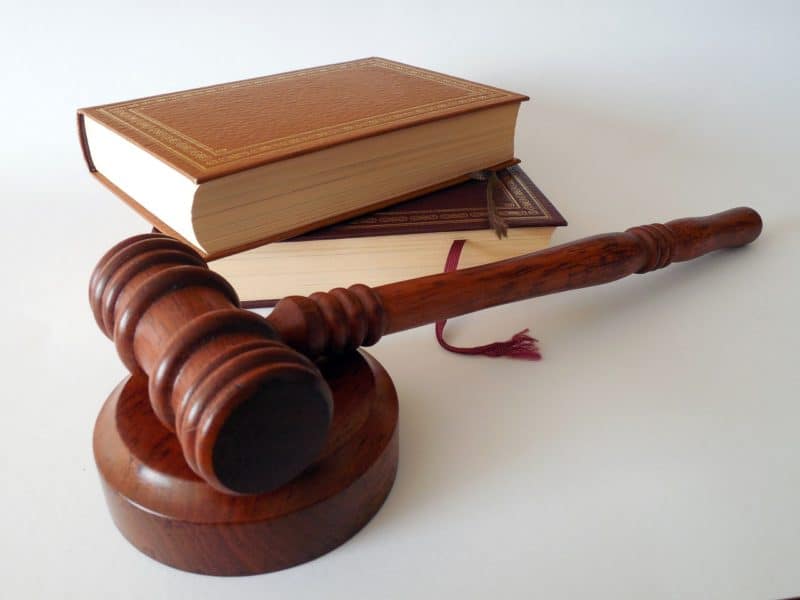According to statistics, property sales increased by 23% from 2020 to 2021, indicating a vibrant industry. After several weeks or months of searching and finally finding a property you like, it’s vital to exercise all necessary precautions to ensure that the processes are watertight. The last thing you want is to deal with legal problems associated with the recently purchased property. Therefore, these are some key processes worth considering before enjoying your property.
Understanding the Role of a Conveyancing Lawyer in Property Transactions
Before delving into the key legal aspects of buying a house, it’s crucial to understand the role of a key player in this process: the conveyancing lawyer. But what is a conveyancing lawyer? Simply put, a conveyancing lawyer specializes in the legal aspects of buying and selling real estate. This professional ensures that their client’s rights are protected throughout the transaction and that all legal obligations are met. They handle everything from reviewing contracts to handling the transfer of funds for the purchase. With their expertise, conveyancing lawyers play an indispensable role in making the property transaction as smooth and stress-free as possible.
1. An offer is made, and involved parties inform solicitors

When the seller agrees and accepts the offer made by the buyer, it becomes a yet-to-be-documented contract. At this point, all parties involved in the sale are required to inform their respective solicitors. The buyer needs to be in the know to draft the necessary contracts and other relevant documentation regarding the property sale.
It becomes crucial to involve a conveyancing solicitor in matters relating to the transfer of ownership. They are primarily responsible for the nitty-gritty of this type of transaction. Usually, the seller’s solicitor will apply for the deeds while the Land Registry carries out its responsibilities. The Lands Registry follows it up with other vital documents to be filled out by the seller.
2. Drafting of the initial contract
The initial contract is drawn up when the solicitor receives the documents from the Land Registry. This usually contains other forms and documents, such as the draft sale contract, Title documents, and seller’s property information, generally referred to as the contract pack. At this stage, the buyer’s solicitor reviews the contract pack to ensure everything has been carried out as required by law.
The truth is that the slightest error in the contract could spell problems for the new owner(s) in the short or long term. Moreover, because property litigations are protracted and expensive, it is recommended to cover all the vital areas that could land you in one. Indeed, it would be unfair to pay huge sums to purchase a property only to experience an expensive legal tussle in a few years.
3. Title check and enquiries
After reviewing the contract pack, the buyer’s solicitors may request any other detail that may not have been provided earlier. This makes it particularly important to cross-check the validity of the legal title. In other words, the buyer’s solicitors need to double-check to confirm real ownership of the property. There have been cases where imposters have transacted business with property buyers only for the latter to realise they’ve been scammed.
When the property is a leasehold, the dynamics may differ depending on what the solicitors (on both sides) request. With a leasehold, additional information is needed from the management company or the custodian. This is done to tighten all loose ends and ensure a smooth transfer process.
When there are no further questions left, the buyer will sign the necessary documents, which seal the transfer of ownership. Due to the complexities involved from the time of purchase to the transfer of ownership, it’s always recommended to seek expert legal help.
